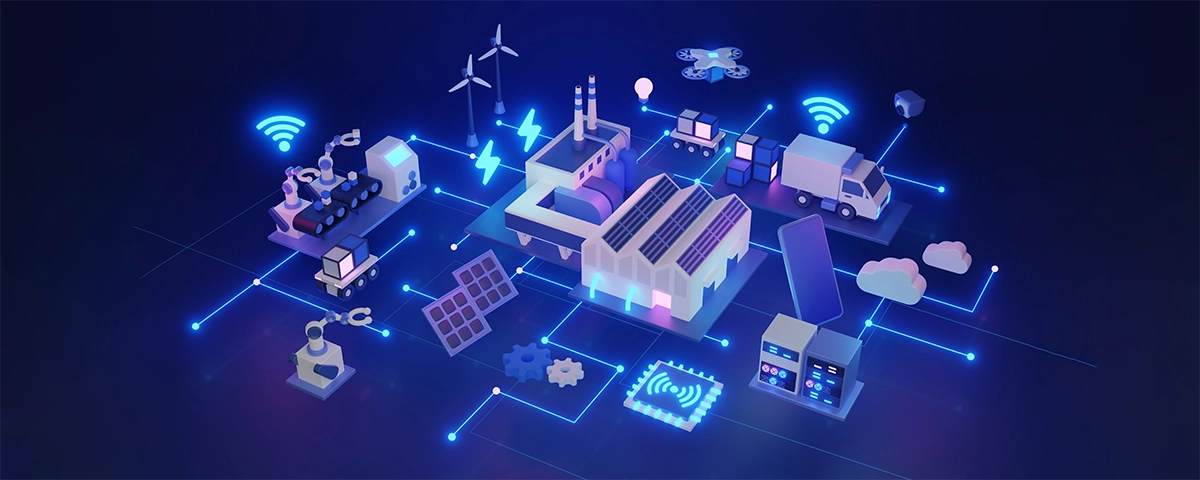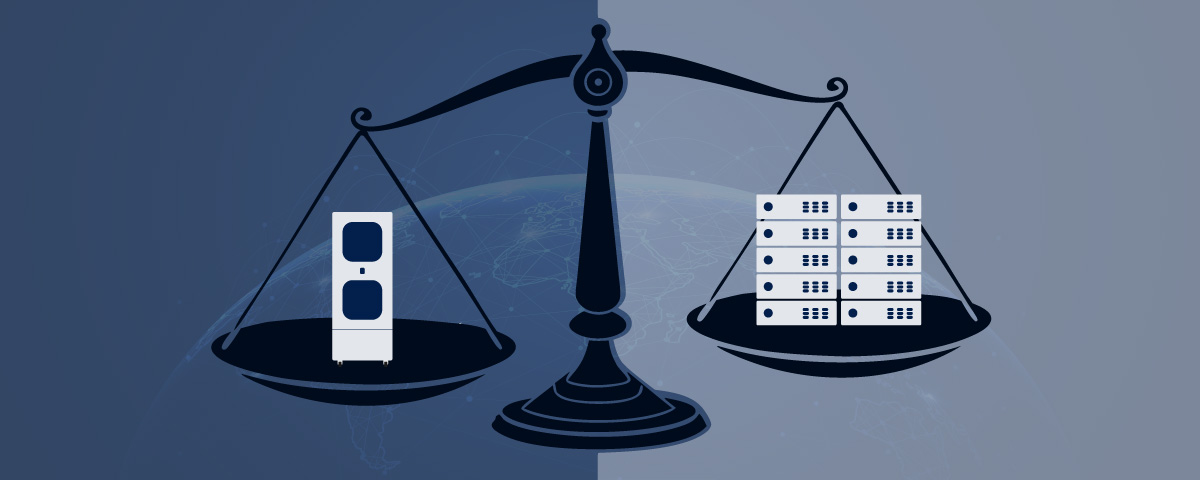The demand for efficient and flexible data solutions has led to the increased popularity of micro data centres. Particularly beneficial for remote and edge locations, these compact yet powerful solutions offer a multitude of advantages. In this blog post, we will explore 11 key benefits that make micro data centres indispensable for businesses operating in distributed environments.
1. Space efficiency – Micro data centres are designed with a focus on compactness and space optimisation. Their smaller footprint allows organisations to deploy critical IT infrastructure in constrained spaces, making them ideal for remote locations where space may be limited or expensive.
2. Reduced latency – By bringing computing resources closer to the point of data generation or consumption, micro data centres significantly reduce latency. This is crucial for applications that require real-time processing, such as IoT devices and edge computing applications, ensuring swift and responsive data processing.
3. Cost efficiency – Micro data centres offer a cost-effective solution for organisations seeking to balance performance with budget constraints. The reduced physical footprint translates to lower construction and operational costs, making them an attractive option for businesses with distributed operations.
4. Enhanced security – Security is a paramount concern in the digital era, and micro data centres provide an additional layer of protection. By placing data processing closer to the source, organisations can implement robust security measures tailored to specific locations, mitigating risks associated with data transfer over long distances.
5. Reliability – Micro data centres are designed for high availability and reliability. Their localised nature minimises the impact of potential network failures and ensures uninterrupted services even in challenging environments. This reliability is especially critical for industries where downtime can result in significant financial losses.
6. Ease of deployment and relocation – The modular design of micro data centres allows for quick and straightforward deployment. Additionally, their portability makes relocation a seamless process, providing businesses with the flexibility to adapt to changing operational requirements or shifting geographic priorities.
7. Remote monitoring and management capabilities – Advanced remote monitoring and management tools enable organisations to oversee and control micro data centres from a centralised location. This capability streamlines maintenance tasks, facilitates proactive issue resolution, and ensures optimal performance across distributed locations.
8. Scalability – Micro data centres are inherently scalable, allowing organisations to easily expand their IT infrastructure as their needs grow. This scalability ensures that businesses can adapt to evolving demands without the need for extensive and disruptive overhauls.
9. Regulatory compliance – Meeting regulatory requirements is a top priority for organisations in various industries. Micro data centres can be tailored to comply with specific regulations governing data storage and processing, providing businesses with the assurance that they are adhering to legal and industry standards.
10. Energy efficiency: The smaller size of micro data centres often translates to lower energy consumption. This not only contributes to cost savings but also aligns with the growing emphasis on sustainable and environmentally friendly business practices.
11. Disaster recovery: Micro data centres enhance disaster recovery capabilities by decentralising critical infrastructure. In the event of a localised outage or disaster, data processing can seamlessly shift to other micro data centres, ensuring business continuity and data integrity.
Micro data centres have emerged as a versatile solution for businesses with distributed operations or as an alternative to traditional server rooms. From space efficiency to enhanced security and disaster recovery capabilities, the benefits of micro data centres make them a strategic investment for organisations looking to navigate the complexities of remote and edge computing environments. As technology continues to advance, micro data centres will likely play an increasingly pivotal role in shaping the future of distributed computing.
Get in touch to find out how our products can help you solve your edge challenges.
Read on
- Find out more about the Zella Pro micro data centre
- Browse more articles about edge computing
- Discover our range of indoor and outdoor edge-ready products





